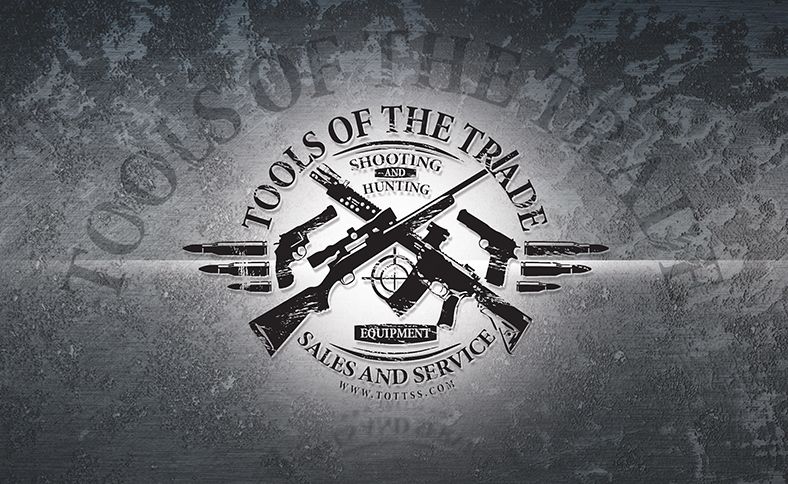By VANESSA O’CONNELL And JULIE JARGON
Starbucks Corp. and some other chain stores in the U.S. are finding themselves caught in the middle of a firearms debate, as gun-control advocates go up against a burgeoning campaign by gun owners to carry holstered pistols in public places.
The “open carry” movement, in which gun owners carry unconcealed handguns as they go about their everyday business, is loosely organized around the country but has been gaining traction in recent months. Gun-control advocates have been pushing to quash the movement, including by petitioning the Starbucks coffee chain to ban guns on its premises.
Businesses have the final say on their property. But the ones that don’t opt to ban guns—such as Starbucks—have become parade grounds of sorts for open-carry advocates.
Starbucks on Wednesday, while bemoaning being thrust into the debate, defended its long-standing policy of complying with state open-carry weapons laws, in part by stating that its baristas, or “partners,” could be harmed if the stores were to ban guns. The chain said that in the 43 states where open carry is legal, it has about 4,970 company-operated stores.
The company added: “The political, policy and legal debates around these issues belong in the legislatures and courts, not in our stores.”
In 29 states, it’s legal to openly carry a loaded handgun, without any form of government permission. Another 13 allow an unconcealed loaded handgun with a carry permit, according to opencarry.org, which is a loosely organized Web forum for the movement.
In California, where it’s legal to carry a gun openly without a license in most places as long as it’s unloaded, growing numbers of armed people have been turning up at Starbucks, restaurants, and retailers, with handguns holstered to their belts to protest what they contend are unfair limits on permits to carry a concealed weapon.
The open-carry movement began spreading in 2004 after some pro-gun advocates in Virginia began researching state laws and discovered that many states don’t have laws to prevent unconcealed carry of handguns.
“The concealed carry movement has been successful but open carry is coming up,” in popularity, said Mike Stollenwerk, a retired Army lieutenant colonel and co-founder of the opencarry.org site.
“I feel other people have the right to carry firearms into a business if it’s okay with the business,” said William Moore, a carpenter from Lynwood, Wash., and an open-carry advocate who says he doesn’t carry firearms into Starbucks coffee shops.
A group called Protest Easy Guns plans on Saturday to protest Starbucks’s policy of allowing customers in open carry weapons states to carry guns inside the coffee shops. The group of women said on Thursday that it plans to demonstrate outside an Alexandria, Va., Starbucks.
Supporters are spreading in Wisconsin, Michigan, Pennsylvania, Louisiana, and other areas. Some are making lists of “OC-friendly” locales, and encouraging boycotts of businesses with no-weapons signs. Wal-Mart Stores Inc., Home Depot Inc., Best Buy Co. and Barnes & Noble Inc., are designated as “open-carry” friendly in some online forums or say they abide by existing laws. “Our practice is to comply with local and state laws,” said Best Buy spokeswoman Sue Busch Nehring.
Open-carry proponents are also taking advantage of some momentum in state legislatures to expand gun rights, although most new and pending measures don’t specifically address unconcealed handguns.
Open carry hasn’t been part of the official focus of the pro-gun lobbying group, the National Rifle Association, which has 4 million members.
In the past 20 years, the NRA has focused on expanding the ability of U.S. gun owners to carry a handgun in a concealed manner.
Today, 38 states have a “shall issue” permit process. Two states don’t require a license to conceal carry. Eight states have “may issue” concealed carry laws, meaning permits will be given with the discretion of a local politician or police officer.
“We support the self-defense rights of law-abiding Americans in accordance with local, state and federal laws,” says Andrew Arulanandam, an NRA spokesman, who declined further comment on open-carry activity.
Some chains have banned guns from their restaurants, even in open-carry states, because of the impact it could have on non-gun-carrying customers.
“We are concerned that the open display of firearms would be particularly disturbing to children and their parents,” said a spokesperson for the California Pizza Kitchen restaurant chain.
A Peet’s Coffee & Tea spokesperson said that while the firm “respects and values all individuals’ rights…our policy is not to allow customers carrying firearms in our stores or on our outdoor seating premises unless they are uniformed or identified law enforcement officers.”
The Brady Campaign to Prevent Gun Violence, which partnered with Credo Action, an activist group that uses mobile phones to effect social change, says it has collected more than 28,000 signatures on a petition to get Starbucks to change its policy.
Allowing customers who are armed with unconcealed guns on the premises “can’t be good for business—it galvanizes people, and some of them won’t patronize Starbucks after this,” said Joshua Horwitz, executive director of the Educational Fund to Stop Gun Violence, a gun-control organization in Washington, D.C.
Indeed, not all baristas agree that the Starbucks policy protects them. “I think the policy shows complete disregard for the safety and sentiments of their workers. The only thing worse than a yuppie upset with how their frappuccino turned out is a yuppie with a gun who’s unhappy with how their frappuccino turned out,” says Erik Forman, a Starbucks barista and union member in Minneapolis.
The IWW Starbucks Workers Union on Wednesday issued a statement, saying “We appreciate the vigorous debate taking place by principled individuals on both sides of this issue. However, to date we are not aware of any efforts by Starbucks to widely engage its workers who are directly affected by open-carry gun laws. We believe an appropriate solution cannot be reached without doing so.”
—Nick Wingfield and Jess Bravin contributed to this article
Write to Vanessa O’Connell at vanessa.o’connell@wsj.com and Julie Jargon at julie.jargon@wsj.com

